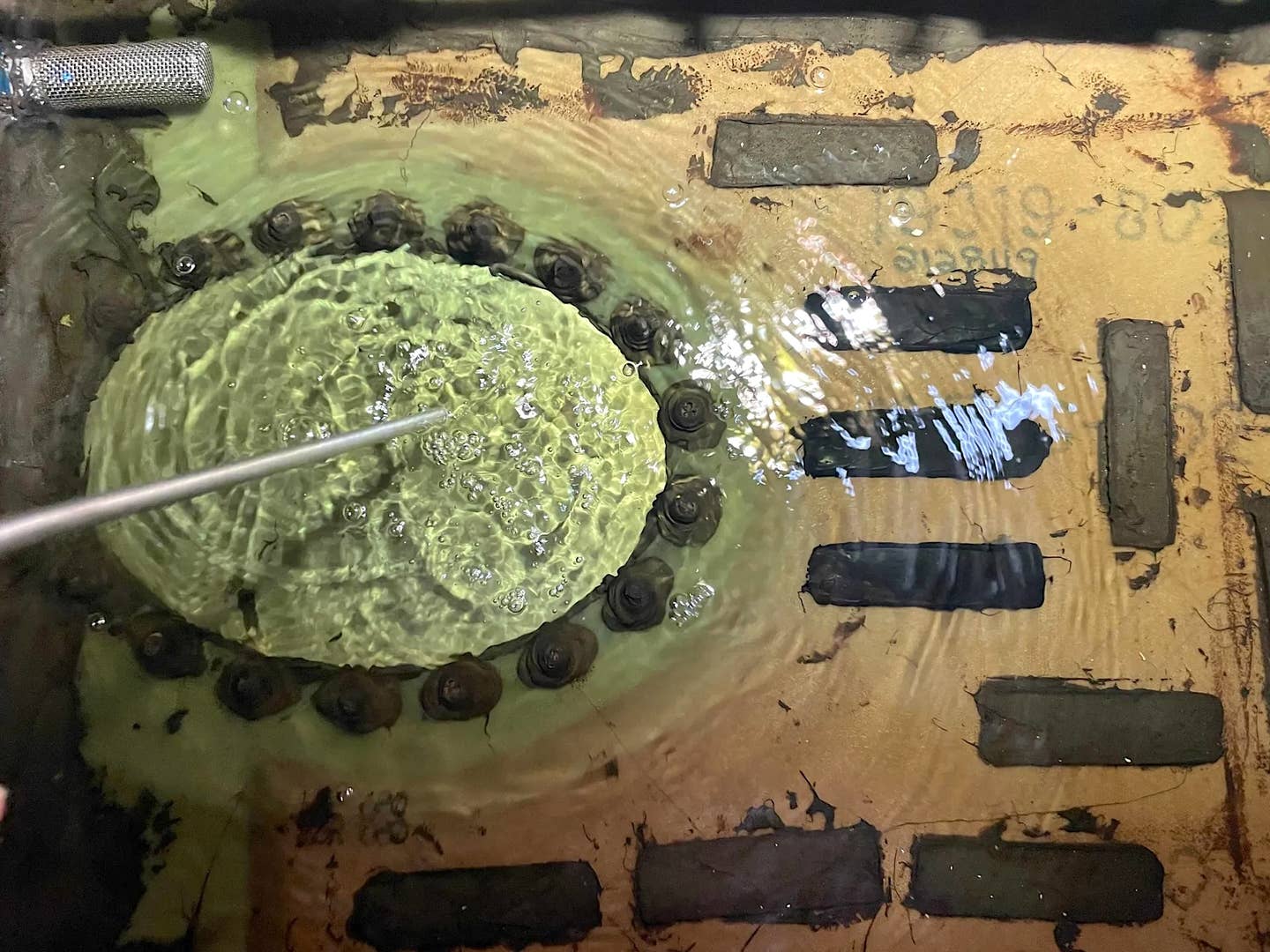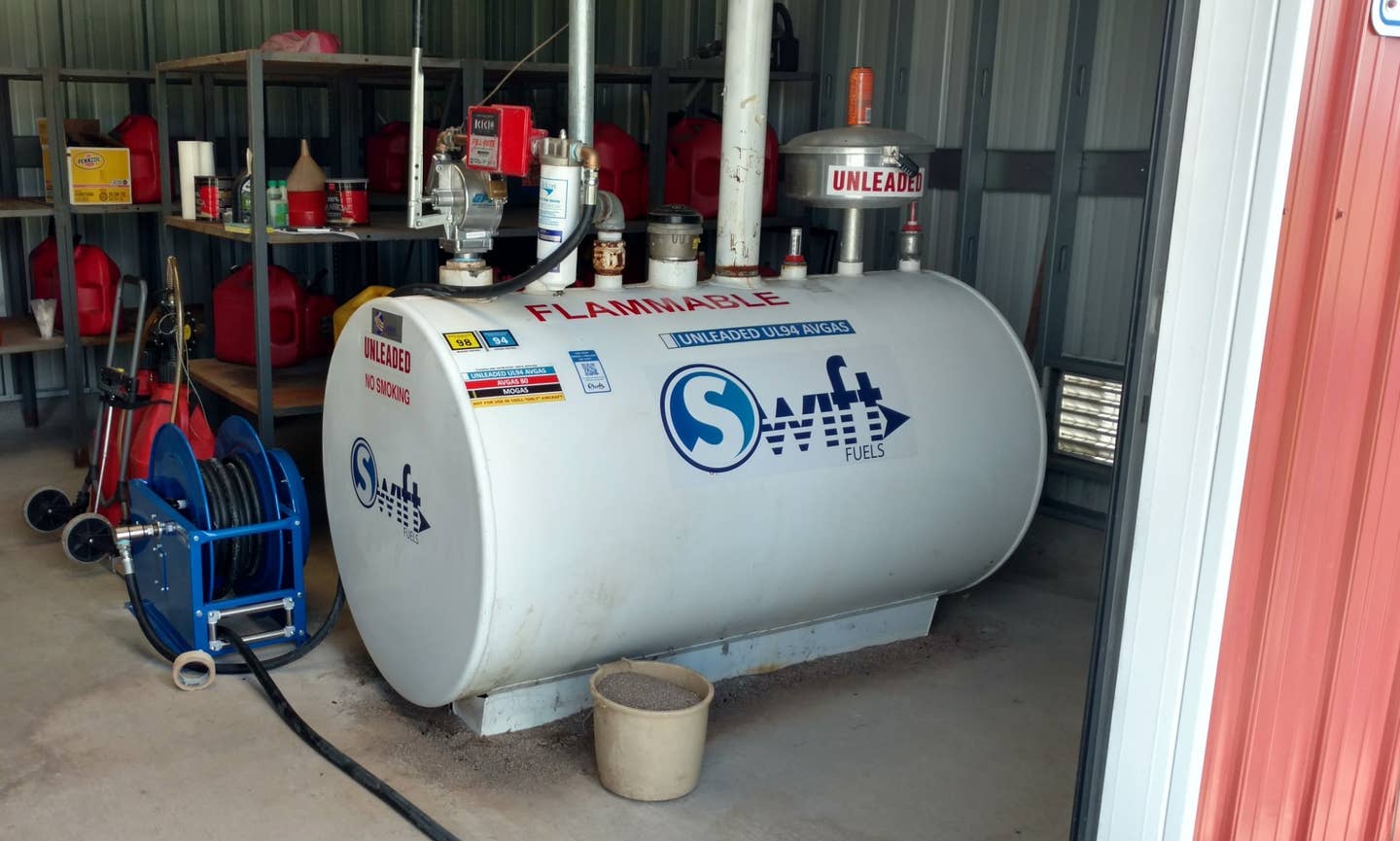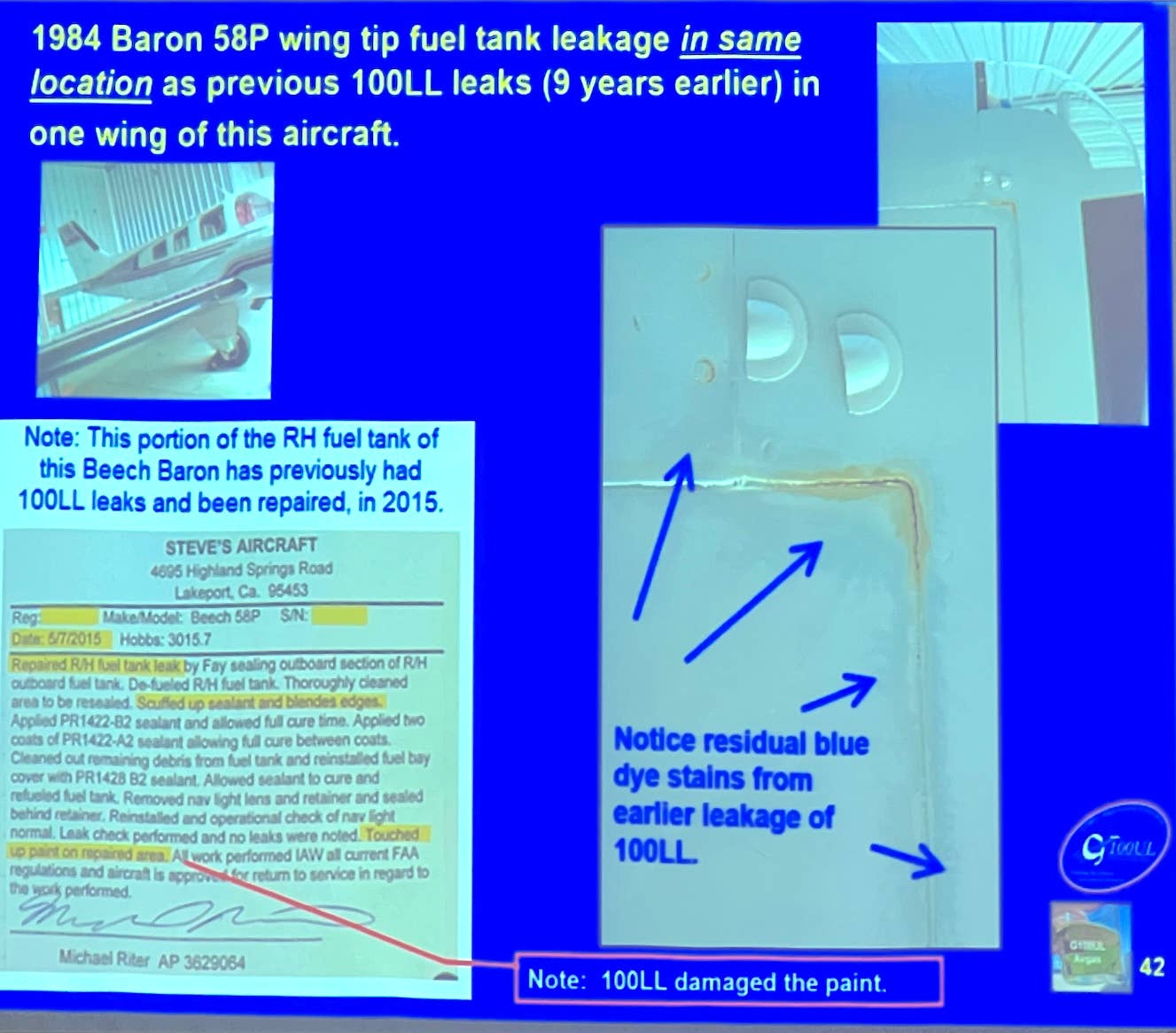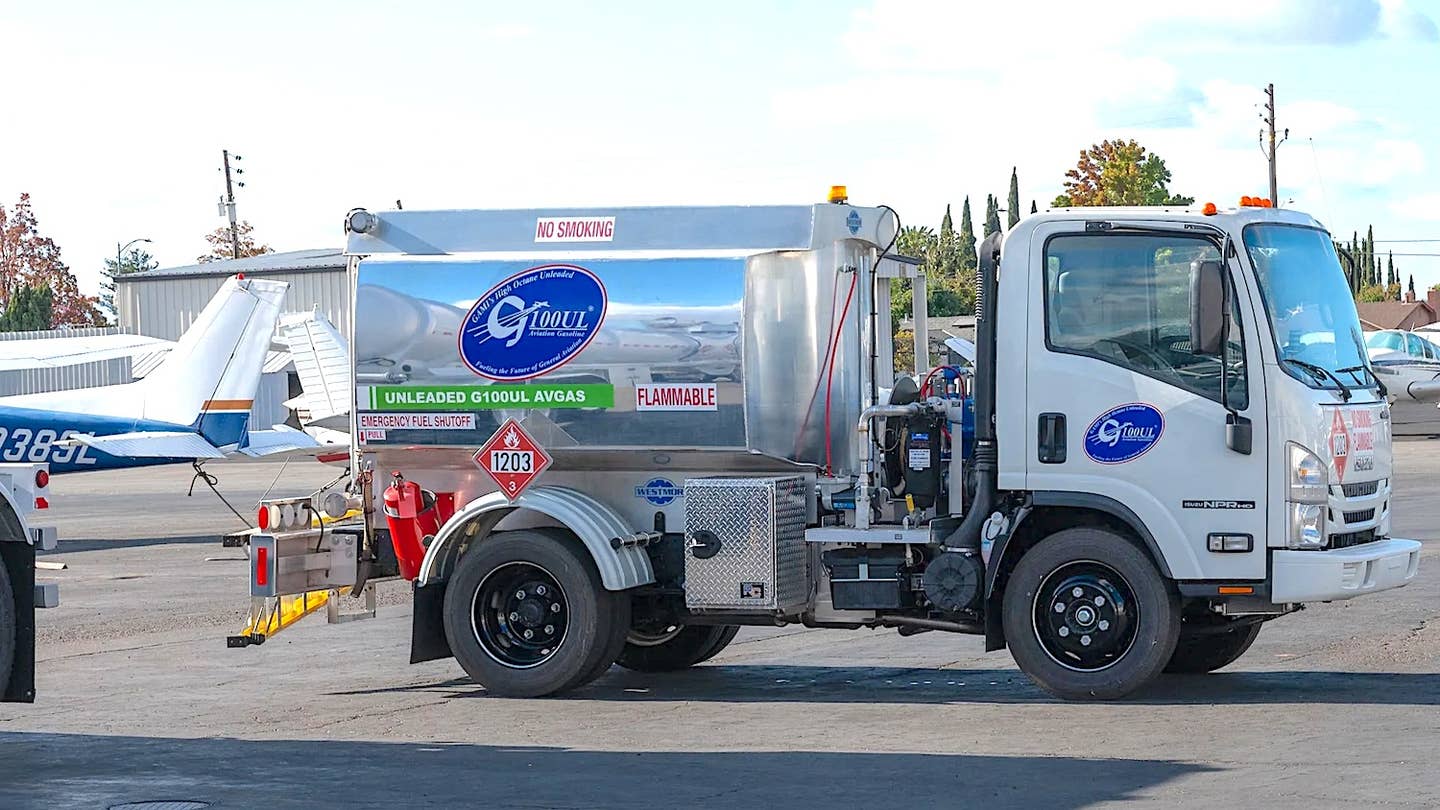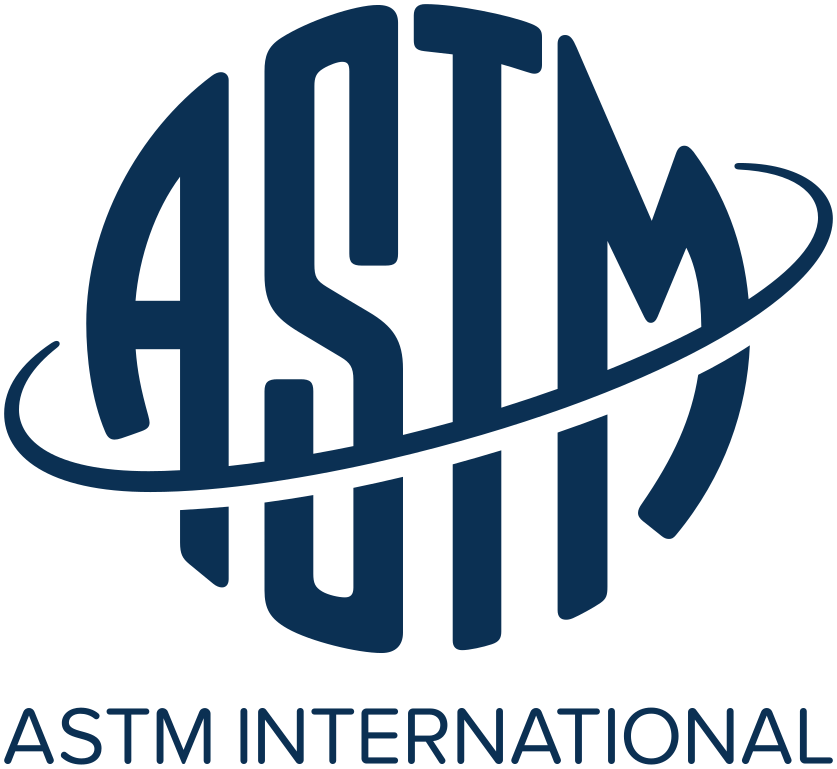The Savvy Aviator #62: What’s That Going To Cost?
When it comes to aviation maintenance, it’s not impolite to ask what something is going to cost. It’s mandatory.
On a winter Friday evening a few years ago, a Texas-based aircraft owner loaded three family members into his Baron and flew to Kansas City to attend a weekend function. One of the aircraft's vacuum pumps failed over Oklahoma. Upon landing at Kansas City Downtown Airport (MKC), the owner asked the FBO on the field if they could replace the failed pump over the weekend, in time for his planned departure late Sunday afternoon. They said they could, and the owner gave them a go-ahead. When the owner and his family returned to MKC on Sunday afternoon, the owner was pleased to find that the pump had been replaced as advertised. But when he gave the FBO his credit card to pay the bill, he was told that the invoice wouldn't be ready until Monday when the bookkeeper returned to work. The FBO insisted that the owner sign a blank credit card slip to cover the work. The owner was initially unwilling to do this, but ultimately capitulated when it became obvious that was the only way to get the FBO to release his airplane. When the FBO's charge finally showed up on the owner's credit card, it turned out to be over $1,900. The pump was invoiced at $1,400 -- well above the manufacturer's published list price of $1,090 and almost twice the usual "street price" of $800. The labor charge was about $500 for a job that shouldn't have taken more than an hour. The owner was upset, of course. He fired off a nastygram to the owner of the FBO and vowed never to patronize them again. But in the final analysis, the owner was stuck paying a bill he appropriately considered outrageous. This sort of thing is hardly uncommon. I know one owner who was charged nearly $1,000 to have his Cessna 210 deiced in Memphis, another who was charged $350 for one hour in a heated hangar to melt the snow of his light twin near Boston, and yet another who was charged $180 at Washington Dulles to have two tires aired up on his Skylane. Most of these incidents occurred at large FBOs that cater mostly to the bizjet set. But such FBOs certainly aren't the only offenders. Not long ago, a mechanic removed a leaking fuel selector valve from a Bonanza and sent it off to a well-known FAA-approved repair station for overhaul. After inspecting the valve, the repair station quoted $2,000 to overhaul it. At this point, the aircraft owner wisely intervened, directed the repair station to return the leaky valve, and sent it to another repair station in California who overhauled the valve for $375. While these may be extreme cases, I sincerely doubt there are many aircraft owners among us who haven't felt blindsided by what they considered to be an unreasonable maintenance invoice from time to time. (Been there, done that, got the bloodstained tee-shirt to prove it.)
The First Commandment
In almost every such case, these unpleasant surprises occur because the aircraft owner authorized the work to be done without first asking what it would cost. In doing that, the owner broke the first commandment of aircraft maintenance:
Never permit a shop or mechanic to perform maintenance on your aircraft until you have received and approved a work order and cost estimate in writing. If and when you approve the work to be done, instruct the shop or mechanic explicitly not to exceed the cost estimate without first obtaining your explicit approval.
I find it amazing how often this commonsense commandment is broken. In almost every other sort of commerce, it would be absolutely unthinkable for someone to purchase goods or services without knowing what they will cost. Most of us would never buy a headset, a pair of sunglasses or a gallon 100LL without checking the price. Nor would we consider hiring a plumber to install a new water heater, a roofer to fix a leak, or a garage to replace a muffler without first obtaining a quotation or estimate. Yet more often than not, aircraft owners put their plane in the shop and authorize work to be done without obtaining even a verbal estimate, much less a written quote. Frequently, the first time they learn what the work will cost is when the work is finished and they are presented with the invoice. At that point, it is too late for them to influence the outcome; they can only complain and lick their wounds. (Show me an aircraft owner, and I'll show you an expert complainer and wound licker.) Why do we do this? I can think of three reasons:
- We're uncomfortable asking the shop or mechanic for a cost estimate.
- The aircraft has a known problem, but we don't yet understand what's wrong sufficiently for the shop or mechanic to estimate how much work needs to be done or what parts need to be replaced.
- The aircraft is in the shop for an inspection, so we don't yet know what problems are going to be found, much less what parts and labor will be needed to fix them.
Let's consider these three cases in turn.
Case 1: Uncomfortable Asking
I suspect the Baron owner was uncomfortable about asking the Kansas City FBO for a cost estimate to replace his failed vacuum pump. Perhaps he felt the FBO was doing him a big favor in agreeing to do the work over the weekend. (They weren't. Their labor rate was top-dollar, and they charged time-and-a-half for the weekend labor.) Or perhaps it was because this big-city FBO was one that catered largely to the bizjet crowd ... you know, the "if you have to ask, you can't afford it" guys. Perhaps the Cessna 210 owner was uncomfortable about asking the FBO in Memphis what it would cost to deice his airplane because he thought it couldn't possibly be enough to worry about. (He found out otherwise.) Or perhaps it was because he felt he had no alternative but to have the airplane deiced, no matter what it cost. (There's always an alternative.) Whatever the precise reason for their discomfort, their failure to ask what the work would cost before authorizing it cost them dearly. It never makes sense to purchase goods or services without first asking what they will cost. Purchasing aircraft maintenance is just like any other purchase. The fact that it is not your field of expertise should never intimidate you into failing to asking key threshold questions like "What's that going to cost?" In fact, the less you know about something, the more questions you should ask before making a decision. Never feel embarrassed to ask for an estimate before authorizing work to be done on your aircraft. The only time it's bad form to ask the price is when someone gives you a gift!
Case 2: Don't Know What's Wrong
Sure, but what if you don't know what's wrong? Say you put the airplane in the shop because the engine has started running rough, but you don't know why. How can you possibly ask your shop or mechanic for a cost estimate under such circumstances? My answer is simple: Never ask a shop or mechanic to fix a problem unless you know what's wrong. That's like going in for surgery before your illness is diagnosed. Aircraft owners do this all the time, and it's an expensive mistake. I spend a lot of time discussing owner-performed troubleshooting in my seminars. In a nutshell, I advise aircraft owners to do as much troubleshooting as they possibly can before putting their aircraft in the shop. In my view, it's primarily the owner's job to troubleshoot and the mechanic's job to fix. It's often difficult or impossible for a mechanic to reproduce problems in the maintenance hangar. If we owners don't diagnose a problem before we put our aircraft in the shop, our mechanic often has no choice but to resort to guesswork, trying various things and hoping he gets lucky. When mechanics guess, owners pay through the nose. Returning to your rough-running engine: In a perfect world, you'll use your digital engine monitor and well-honed troubleshooting skills to diagnose the problem: e.g., a clogged injector nozzle, or a faulty bottom spark plug in cylinder #3. Then, you'll put your aircraft in the shop and obtain a cost estimate to fix the problem. But what if you can't figure out why the engine is running rough? In that case, you put your aircraft in the shop and authorize your mechanic to spend up to two hours (or whatever seems reasonable to you) troubleshooting the problem, and instruct him to report back to you with his diagnosis. Only then, when the problem has been diagnosed, do you ask for a cost estimate to fix the problem and (if the estimate is acceptable) authorize the repair.
Case 3: Annual Inspection
In the case of an annual inspection where, by definition, you don't know what problems will be found, my advice is similar. Put your aircraft in the shop and instruct your mechanic to perform the inspection (which is normally done at an agreed-to flat rate) and prepare a detailed list of discrepancies with a cost estimate to fix each one. At this point, sit down with the mechanic, go over the discrepancy list and estimates in detail, and come to agreement on exactly what repairs are to be done and what they will cost. Only then should you authorize the repair work to proceed. No matter what the situation, there is never a good reason to authorize a shop or mechanic to perform maintenance on your aircraft until you have received a detailed written estimate of what it will cost. If the shop or mechanic won't provide one to you, take your airplane elsewhere. Always know what it will cost before you say, "Go ahead." See you next month.
Want to read more from Mike Busch? Check out the rest of his Savvy Aviator columns.
And use this link to send questions to Mike.

